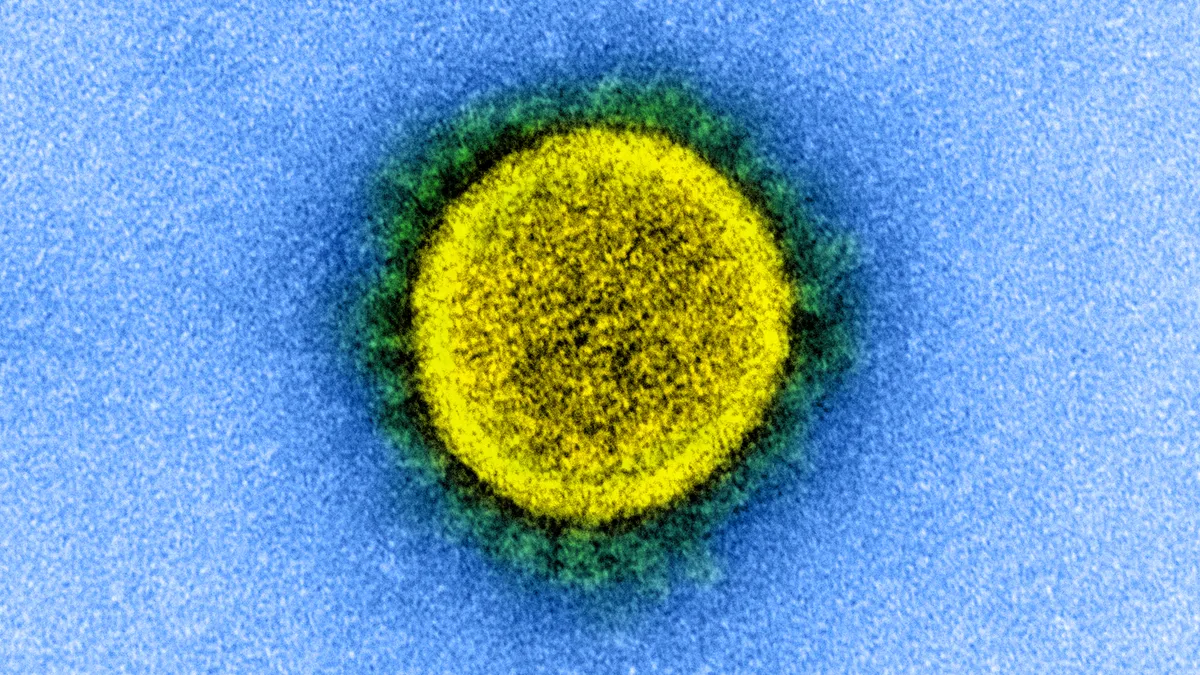Dive Brief:
-
Cellex has partnered with Gauss to create an at-home COVID-19 antigen test that eliminates the need for patients to send samples to a laboratory.
-
The experimental product consists of a 15-minute antigen test similar to those developed by Abbott and Roche. Cellex is pairing that test with a smartphone app from Gauss to automate the interpretation of the result.
-
Cellex is yet to receive FDA emergency use authorization for the product. In testing to date, Cellex said the test has achieved 90% sensitivity, compared to the near-100% accuracy of some antigen tests.
Dive Insight:
At-home sample collection and rapid test kits have emerged as two big trends in COVID-19 diagnostics as the pandemic has progressed. Companies such as LabCorp, Phosphorus and Quest Diagnostics have created tests that enable people to self-collect samples at home and ship them for processing. Color, another at-home player, received an updated EUA this week to bypass supply chain constraints.
A second group of companies including Abbott, BD, Roche and Quidel has developed rapid antigen tests. Those tests are performed by medical professionals or trained operators, rather than being done by patients themselves at home, but deliver results quickly without sending samples to remote laboratories.
Cellex and Gauss are developing a product to bridge the gap between those two groups of tests. If the product receives EUA, it could become the first kit that allows people to test themselves and get results without shipping a sample for analysis. The entire testing process is intended to take around 15 minutes and only require the involvement of the patient.
To achieve that goal, Cellex, which in April won the inaugural EUA for an antibody test, has developed an antigen kit. The kit has a similar workflow to antigen tests from Abbott and Roche. The user takes a nasal swab, mixes it with reagents and drops the solution into the device. After 15 minutes, the device gives a visual indication of whether the sample is negative or positive for SARS-CoV-2.
That is the point at which the workflows diverge significantly. Abbott and Roche require a trained operator to interpret the test result. Cellex is entrusting that task to a smartphone app developed by Gauss. The user will scan the test with their smartphone and receive a result "within seconds."
Gauss said the tech-enabled approach "overcomes the limit of detection of the untrained human eye and can also minimize inter-reader variability routinely seen in interpreting antigen test results." An iPhone version of the app is already available for research use and an Android version is in the works.
The test itself may fall short of the accuracy of some antigen kits, though. At 90%, the sensitivity of the test is below that of the leading manufacturers in the field. Similar tests from Abbott and Roche had sensitivities of 97.1% and 96.5%, respectively, in studies run by the companies.
Cellex claims a 100% specificity for its test, slightly beating Abbott and Roche, but the number of false negatives posted by a product with 90% sensitivity may be an issue. Cellex is still in "advanced clinical trials" so the figures could change before it comes to market. The partners are hoping to receive an EUA in the fall.










